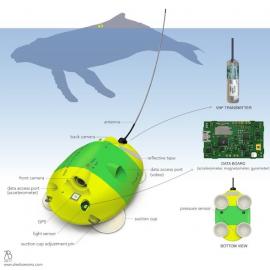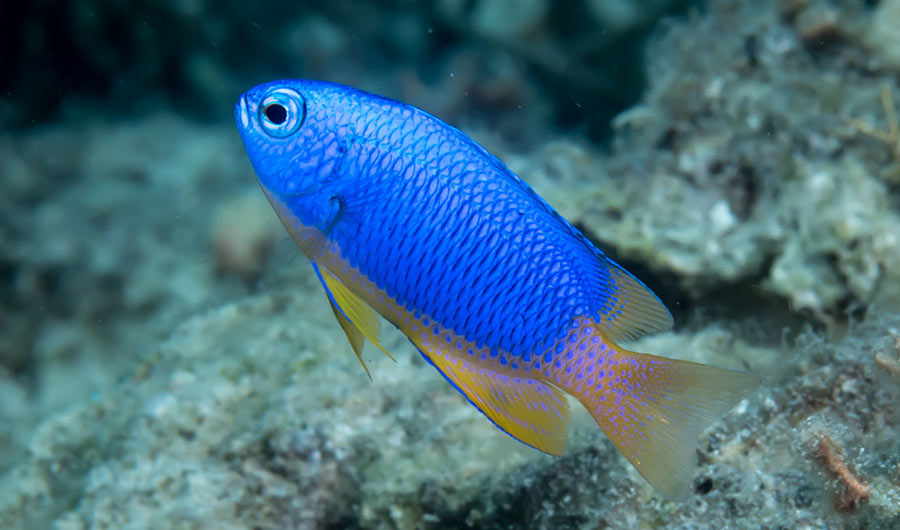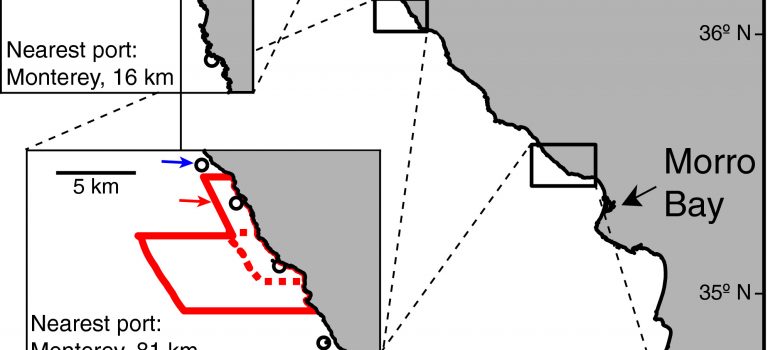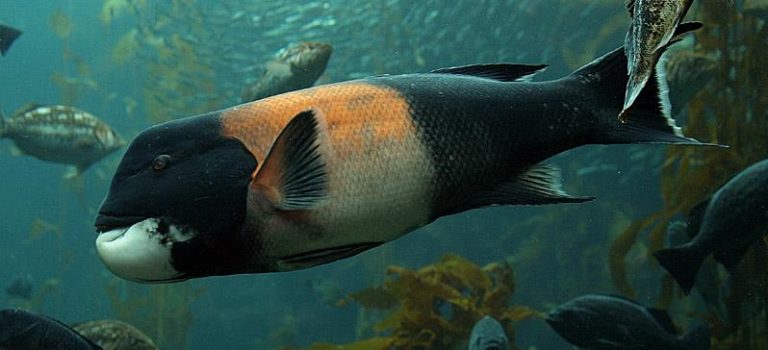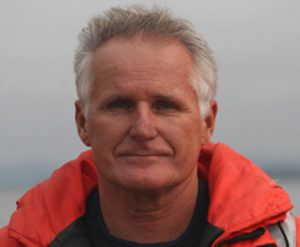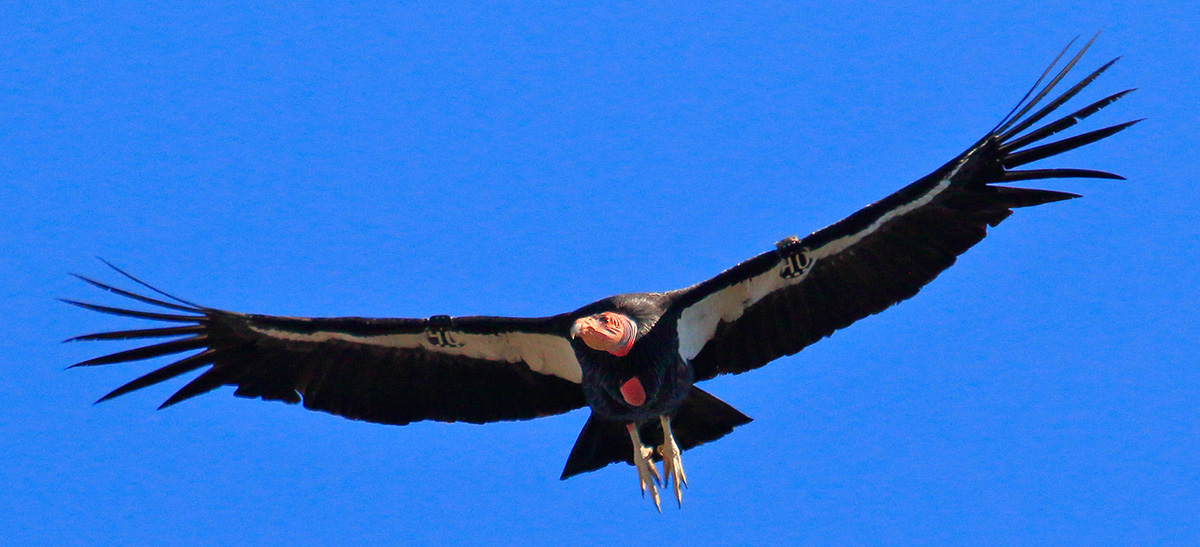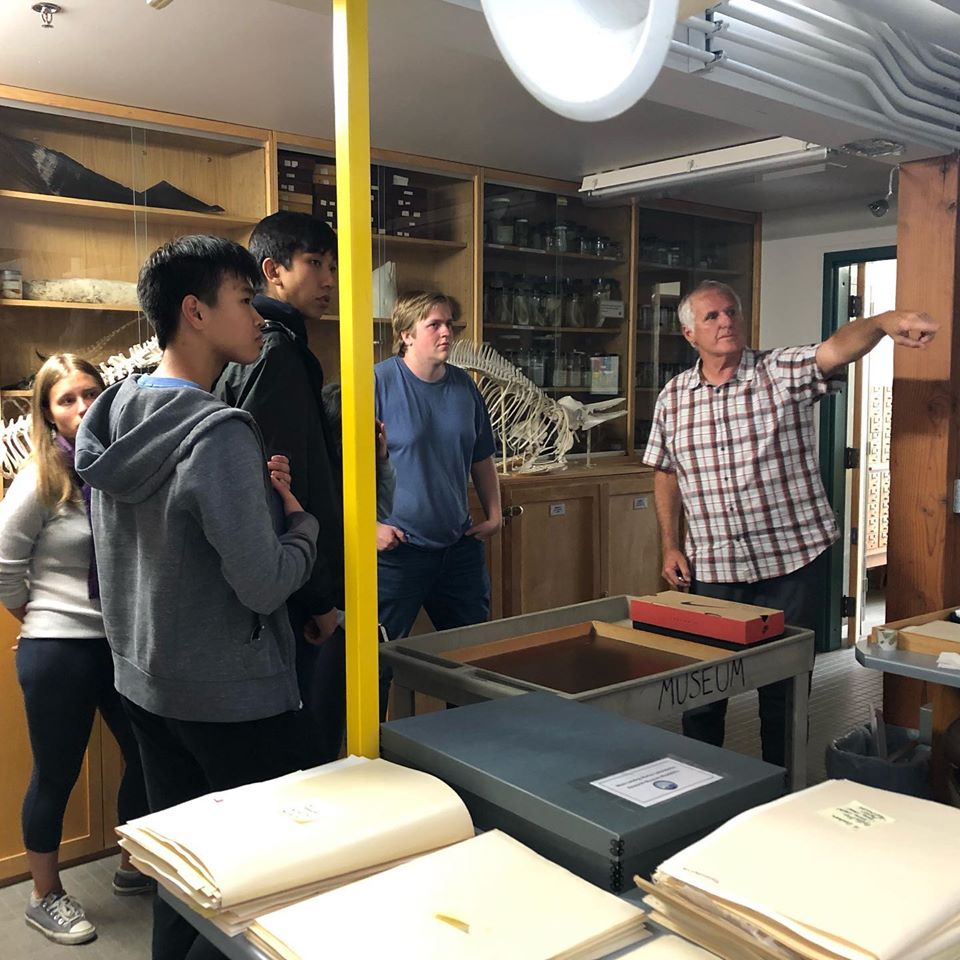Whale TV: camera tags enable transformative discoveries in the lives of ocean giants (PUBLIC)
FEBRUARY 11, 2020 -
7:30PM TO 8:30PM
BOAT WORKS LECTURE HALL, HOPKINS MARINE STATION
At-sea adventures in whale bio-logging continue in the Goldbogen Lab! In this episode, we will describe how we measured the first ever heart rate of a blue whale in the wild. We will also solve the mystery of how humpback whales sneak up on fast fish using stealth and deception. Lastly, we will explain why whales are big but not bigger. Don't miss this opportunity to hear all the latest from Dr. Goldbogen at this public event!
